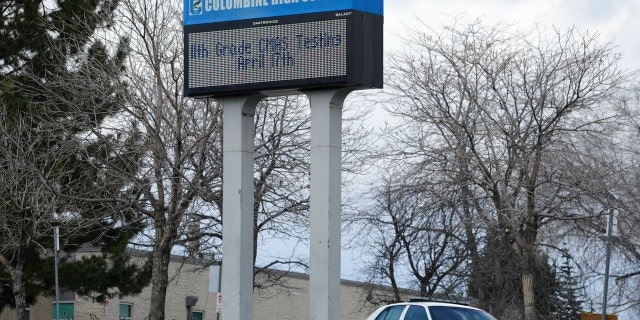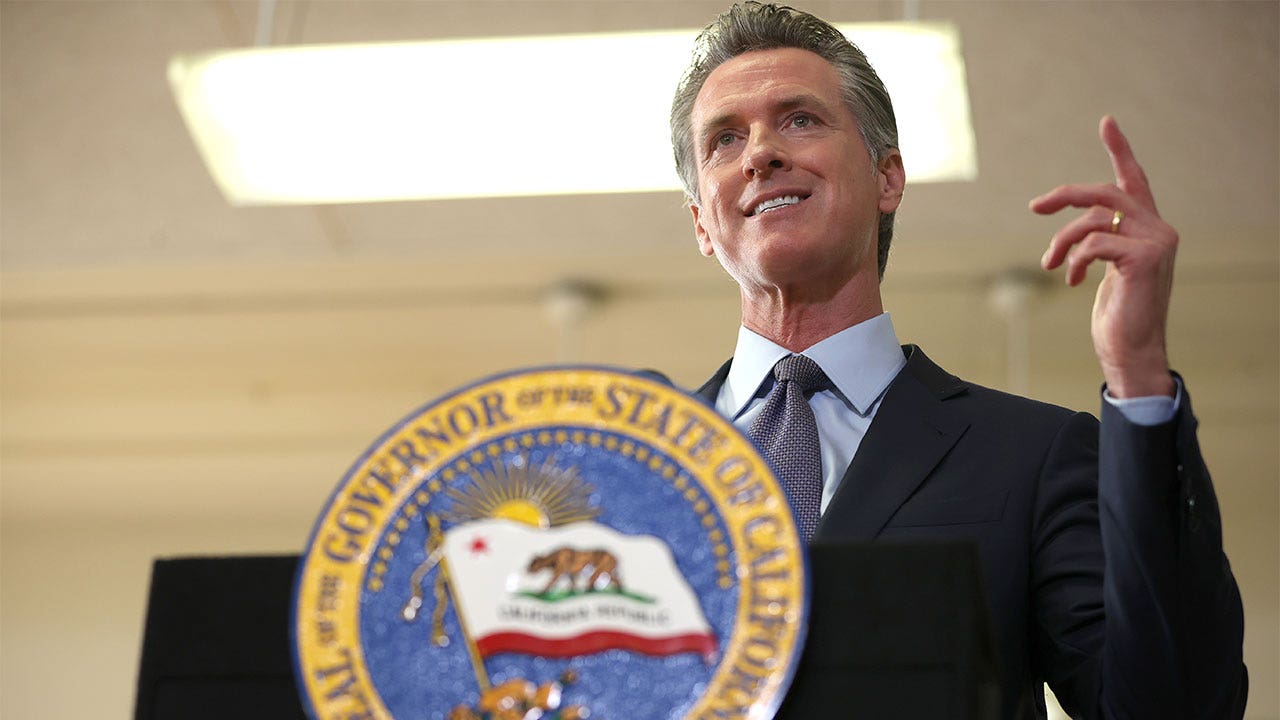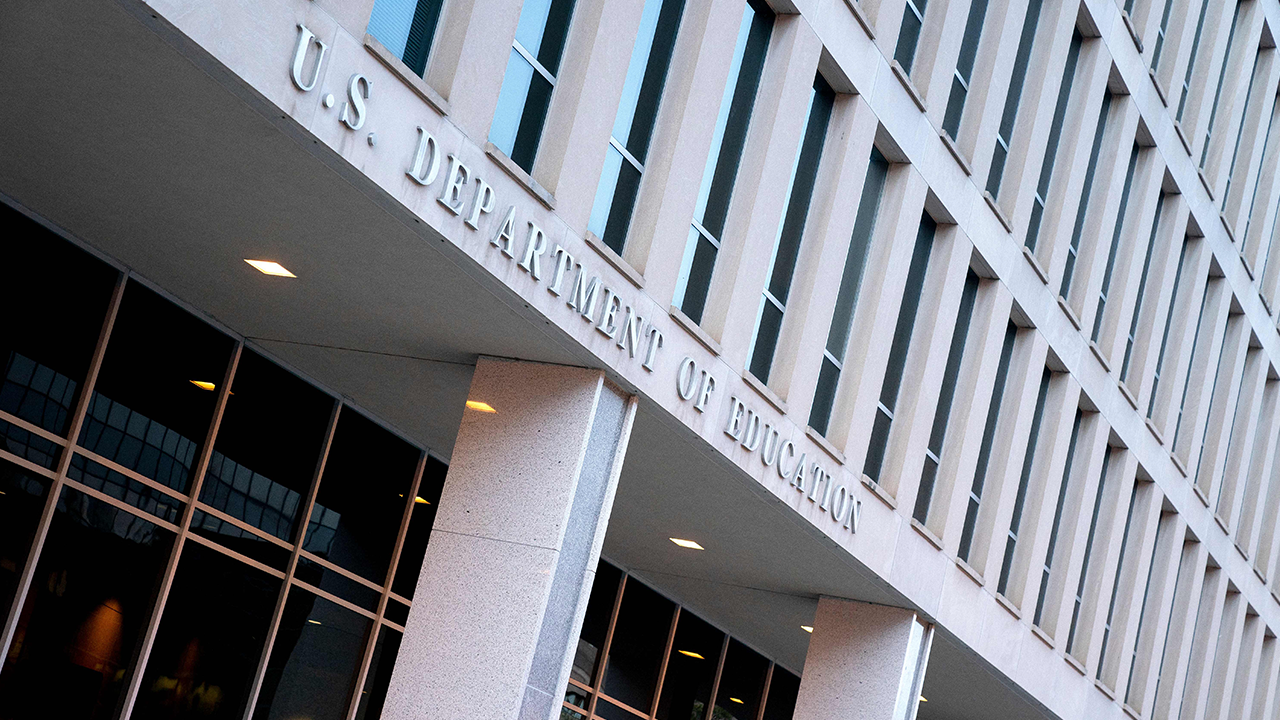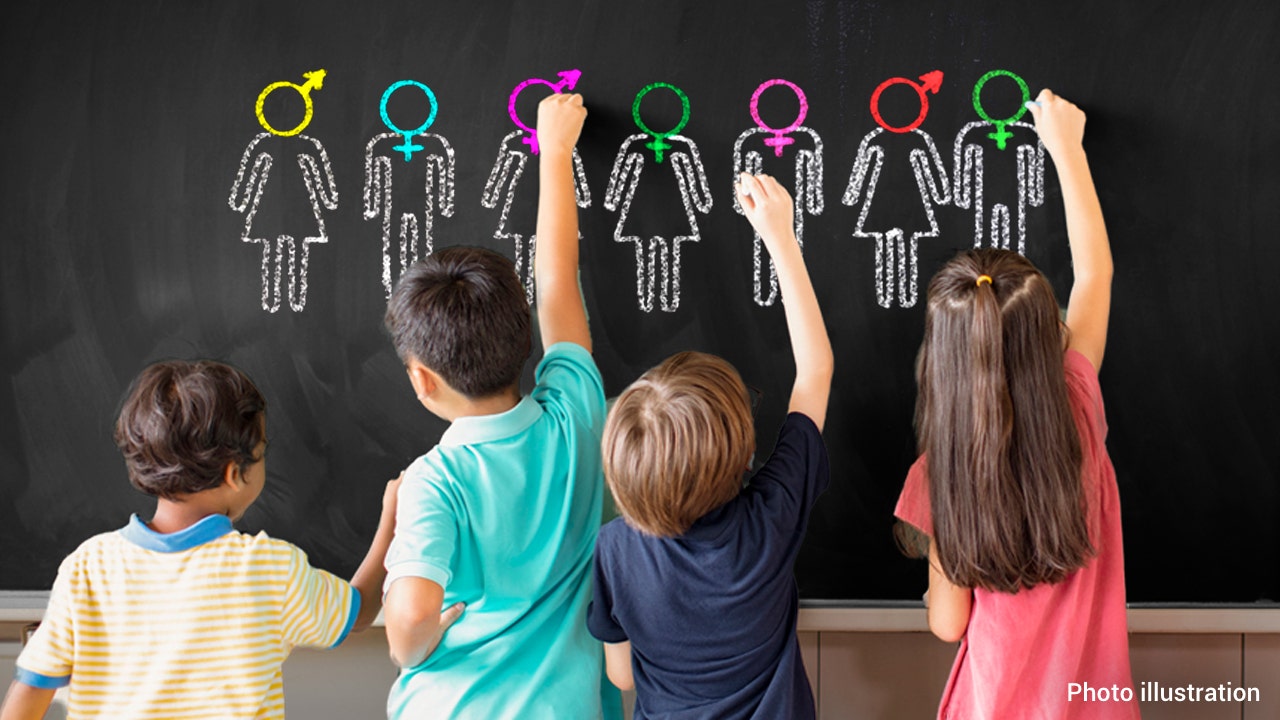In Uvalde, the shooter’s grandmother faced the rage of a troubled grandson and, according to multiple reports, a daughter with a history of drug use. At least one incident required law enforcement to go to the home of the shooter’s mother – and neighbors and relatives knew of the turbulent relationship between son and mother. Mental issues and drug abuse create a toxic brew of chronic impairments that will not resolve independently. Those challenges hopelessly outmatch even the best of grandmothers.
In the case of Nicolas Cruz, who killed students at Stoneman Douglas High School in 2018, law enforcement made 39 visits to the gunman’s home – most of the calls seemingly from his mother. A few months following his mother’s death, Nicolas Cruz massacred 17 people.
Sometimes, a family caregiver is the last line of defense between a killer and society.
The carnage wielded by Adam Lanza, Dylan Klebold, Eric Harris, James Holmes, and many more sears our national memory. In every case, an overpowered family member lived with fear and apprehension in proximity to that individual. Even if that caregiving family member summons the courage to call the police, the situation can easily continue spiraling toward tragedy. Clear boundaries, steps, and interventions must occur to prevent tragic outcomes and give struggling families a fighting chance.

In this April 17, 2019, file photo, a patrol car is parked in front of Columbine High School in Littleton, Colo., where two student killed 12 classmates and a teacher in 1999.
(AP Photo/Joe Mahoney, File)
BUFFALO SHOOTING VICTIM’S MOTHER SAYS AMERICA ‘INHERENTLY VIOLENT,’ FOUNDED ON ‘HATE AND RACISM’
A caller to my show for family caregivers discussed her mother’s increasing dementia. As the story unfolded, she related how her drug-addicted brother habitually stole from her mother and acted abusively toward her. The caller then shared that her brother, although a felon, kept a firearm under his bed and that she regularly feared for her safety. Asking why she didn’t call the police about her dangerous brother, she finally broke down and sobbed on the air. Through tears, she shared that her brother threatened that if she called the police, he would expose moral issues she had before becoming a Christian.
Her embarrassment and shame compromised her safety from an armed and unstable brother. Gently explaining to her the nature of Christ, who forgives, redeems, and never blackmails, I encouraged her to protect herself and her mother by calling the authorities – that day.
A year later, she phoned the program and sounded like a different person. After calling the police, her brother was arrested and entered a treatment plan. With exuberance in her voice, she shared that she and her brother have started the path of reconciliation. While her story took a better turn, many caregivers living close to an armed and disturbed individual suffer tragic outcomes – like what happened in Uvalde.
Despite the best political minds and arguments, the human heart remains outside the jurisdiction of any legislation. The Ten Commandments contain no ambiguity and came directly from God, yet politicians today think their laws will triumph where God’s did not.
 Video
Video
CLICK HERE TO READ THE OPINION NEWSLETTER
Despite America’s laws against hate, murder, assault, and theft, increasing crime rates reflect a brazen disregard for those mandates. Over the last 25 years, the surge of shootings (and mass killings with cars, bombs, viruses, policies, and other weapons) reveals the dysfunctional state of the human condition.
Whether with weapons or words, abuse abounds. Only through courage and care can the vulnerable receive protection. While politicians posture and bloviate, the rest of us can instead see to neighbors, colleagues, parishioners, and others in our sphere of influence. If the police arrive at a home down the street or in our building, we can quietly – and clearly – point the overwhelmed to safety. Caring, equipping, and directing others to help requires no legislation, political fights, or cable news pundits shaming people into action. We do not need to seek out those living in fear of an out-of-control loved one, for they are everywhere. All that’s required is a willingness to see them while lending courage to those individuals. We can assure them that their safety is essential – and it’s okay to make the call.
CLICK HERE TO GET THE FOX NEWS APP
Right now, another grandmother watches a child with drugs and a grandson with severe emotional issues. Another sister’s shame prevents her from seeking help from her abusive brother. As politicians argue about guns, who will intercept these vulnerable family members and help point them to safety?
Where mercy, love, and pity dwell, there God is dwelling too. – William Blake
 Iktodaypk Latest international news, sport and comment
Iktodaypk Latest international news, sport and comment




